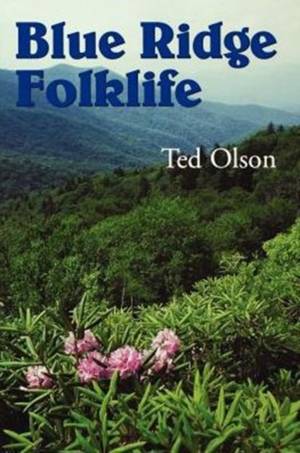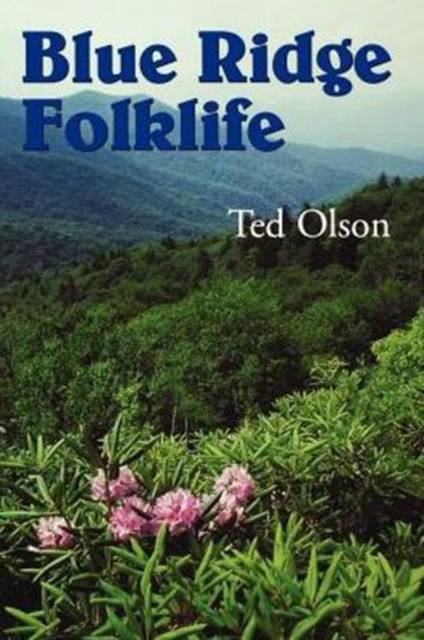
- Retrait gratuit dans votre magasin Club
- 7.000.000 titres dans notre catalogue
- Payer en toute sécurité
- Toujours un magasin près de chez vous
- Retrait gratuit dans votre magasin Club
- 7.000.0000 titres dans notre catalogue
- Payer en toute sécurité
- Toujours un magasin près de chez vous
Description
An appreciation of the rich and distinctive folklife in one of the earliest settled regions in southern Appalachia In the years immediately preceding the founding of the American nation the Blue Ridge region, which stretches through large sections of Virginia and North Carolina and parts of surrounding states along the Appalachian chain, was the American frontier. In colonial times, it was settled by hardy, independent people from several cultural backgrounds that did not fit with the English-dominated society. The landless, the restless, and the rootless followed Daniel Boone, the most famous of the settlers, and pushed the frontier westward. The settlers who did not migrate to new lands became geographically isolated and politically and economically marginalized. Yet they created fulfilling lives for themselves by forging effective and oftentimes sophisticated folklife traditions, many of which endure in the region today. In 1772 the Blue Ridge was the site of the Watauga Association, often cited as the first free and democratic non-native government on the American continent. In 1780 Blue Ridge pioneers helped win the Revolutionary War for the patriots by defeating Patrick Ferguson's army of British loyalists at the Battle of Kings Mountain. When gold was discovered in the southernmost section of the Blue Ridge, America experienced its first gold rush and the subsequent tragic displacement of the region's aboriginal people. Having been spared by the coincidence of geology and topography from the more environmentally damaging manifestations of industrialization, coal mining, and dam building, the Blue Ridge region still harbors scenic natural beauty as well as vestiges of the earliest cultures of southern Appalachia. As it describes the most characteristic and significant verbal, customary, and material traditions, this fascinating, fact-filled book traces the historical development of the region's distinct folklife. Ted Olson is a college instructor, folklorist, freelance writer, and former Blue Ridge Parkway ranger.
Spécifications
Parties prenantes
- Auteur(s) :
- Editeur:
Contenu
- Nombre de pages :
- 228
- Langue:
- Anglais
- Collection :
Caractéristiques
- EAN:
- 9781578060238
- Date de parution :
- 26-06-12
- Format:
- Livre broché
- Format numérique:
- Trade paperback (VS)
- Dimensions :
- 153 mm x 231 mm
- Poids :
- 385 g

Les avis
Nous publions uniquement les avis qui respectent les conditions requises. Consultez nos conditions pour les avis.






